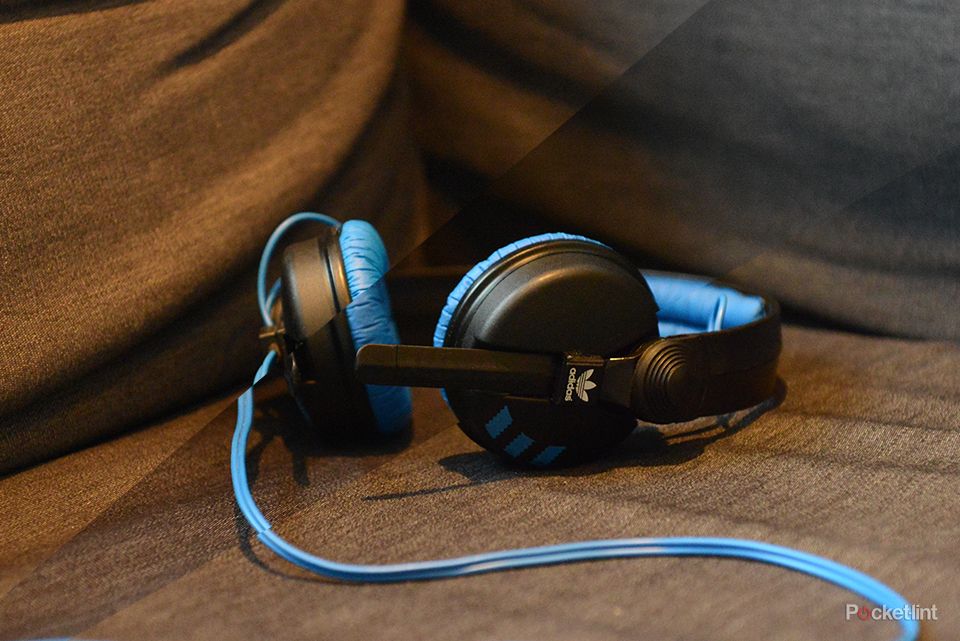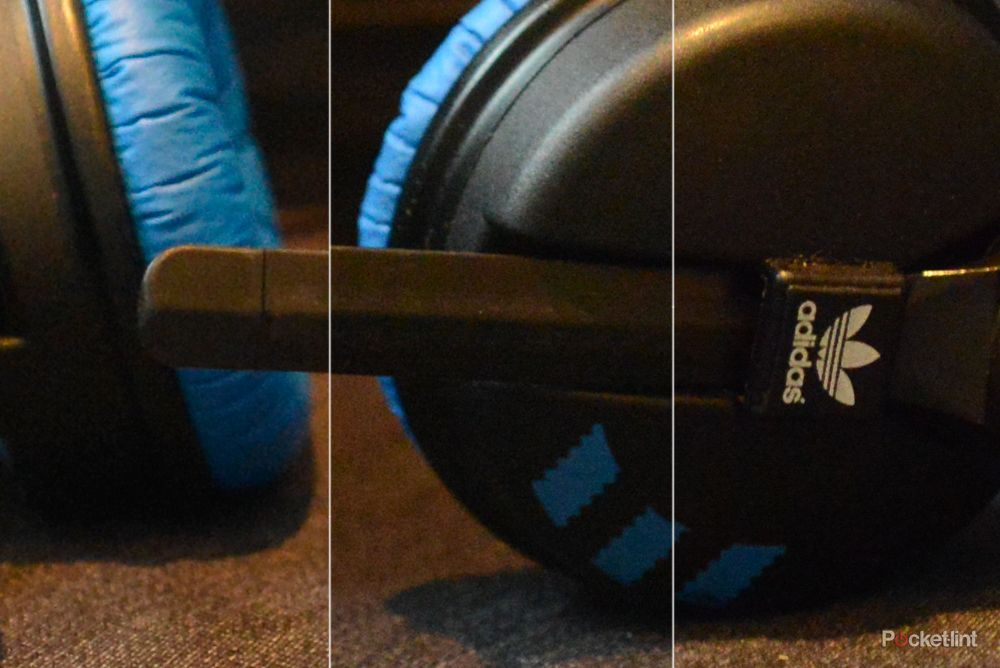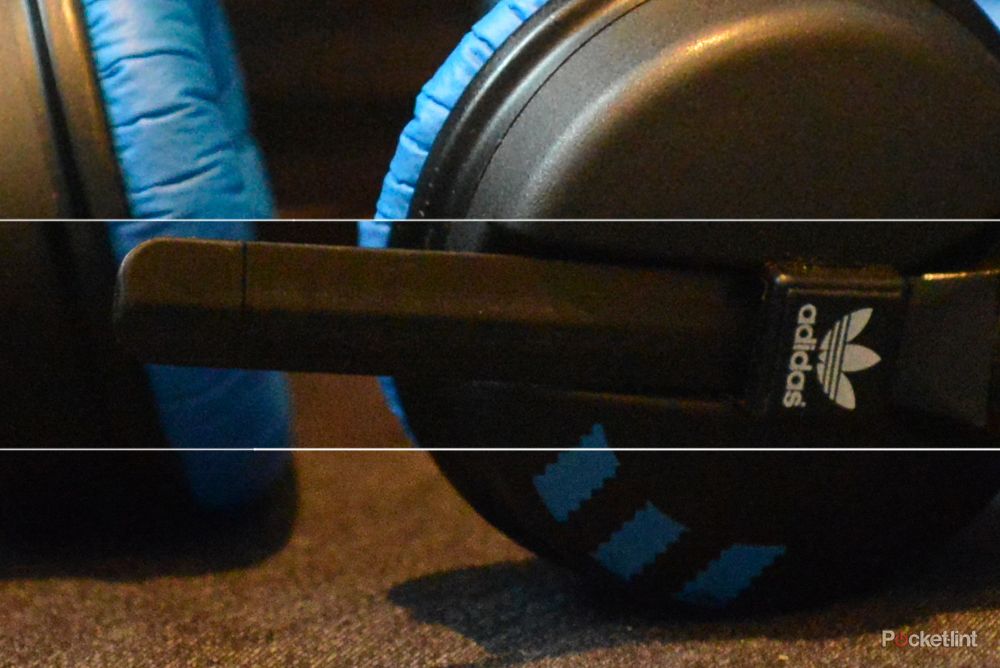All this talk of resolution and low-light capabilities got the 'Lint team scratching their heads. Which full-frame Nikon DSLR would win in a face-to-face low-light test? So, just for fun, we thought we'd pit the Nikon D4 against the Nikon D800 and, just just before our full review (due next week), the Nikon D600.
With our trusty tripod in place, each of the three full-framers was mounted one after the other and a 24-70mm f/2.8 (set to f/4 and 70mm) was popped on the front. Then, using the self-timer to avoid any camera shake, we snapped an ISO 3200 frame with each of these big-sensor beasties.
The results, as you can see from the main pic, are rather interesting.
First and foremost we must say that we've had to scale down two of the camera's images. Although each camera has the same physical size of sensor, the Nikon D4 has a 16-megapixel resolution, the D600 is 24-megapixels and the D800 has a rather well-endowed 36-megapixels of resolution. That means that the last camera has more than twice the resolution of the D4 and, therefore, its images are more than double the output size.
We scaled down in Photoshop and while that will mean there was interpolation, it does represent what happens to image noise when output size is added to the equation. It would work the other way too, if upscaling.
With so many pixels, the theory would be that the D800's high-ISO shots would be the weakest, followed by the D600 and then the D4.
It's time to give up the game then: the main image depicts the cameras in sensor size order from left to right - ie, the D4 shot is on the left, the D600's in the centre and the D800 on the right. We've got some different crops at 100 per cent in the gallery below, too, for you to browse.
To our eyes the D600 has the most colour noise, while the D4 and D800 are, quite magnificently, very similar indeed, though the D4 seems to pip it in terms of visible sharpness as the JPEG image processing will be less severe on account of the lower resolution.
It's no scientific or extensive test, granted, but, if anything, it goes to show how impressive all the cameras are, the D800 in particular.
Oh, how we do love full-frame DSLR cameras.



